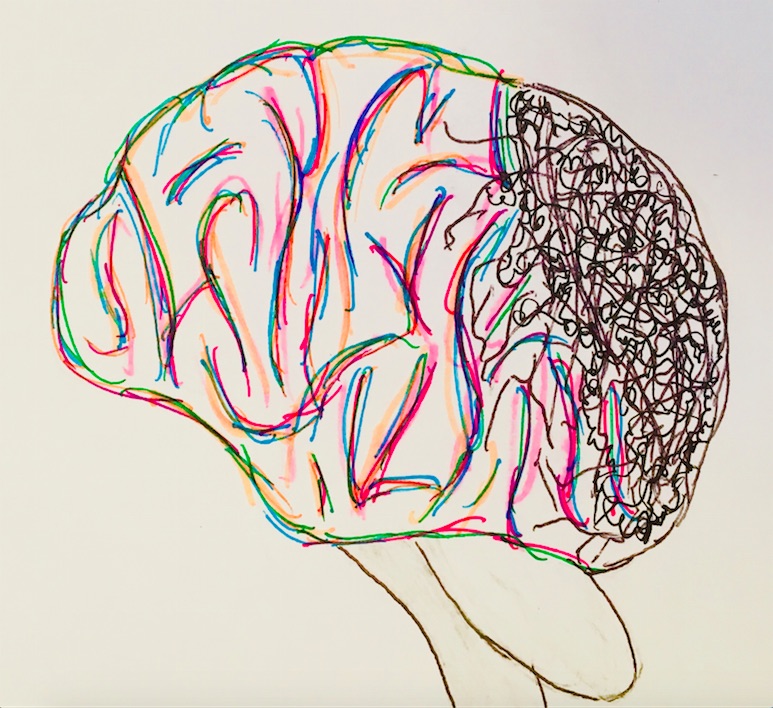Alzheimer’s Disease is currently the 6th leading cause of death in the United States, and it is increasing in prevalence across the world. Why are the numbers are on the rise? Scientific research leads us to believe that nutrition and genetics are two of the principle factors involved in the manifestation of Alzheimer’s disease.
Cause of Alzheimer’s disease
Aging is the primary cause of Alzheimer’s disease. A pathway in the brain called the PI3- Kinase/Akt pathway, through its on and off switching is responsible for the physiological responses necessary for successful aging. As people age, this pathway is not regulated as well. If this pathway is not controlled accordingly, damage to the neurons is not adequately repaired, and new synapses are not formed correctly within the brain.
The PI3-K/Akt pathway is activated by insulin and insulin growth factor, and once initiated, a series of proteins are activated. If there is excessive insulin, and the pathway is active too much, this leads to several different problems, which ultimately lead to Alzheimers disease.
About the PI3-K/Akt pathway
The PI3-K/ Akt pathway has three major proteins involved, which are PI3-K, Akt, and mTOR. When these proteins are activated, the production of A-Beta oligomers is increased. As these A-Beta oligomers are produced, they will build up and bind to the dendrites of neurons, causing synaptic loss, and reduced signaling between neurons. The activation of PI3-K, Akt, and mTOR protiens also causes increased production of tau proteins. The tau protein composes the cytoskeleton, and is needed to maintain the structure of neurons. If it is overproduced, it can cause neurofibrillary tangles, which inhibit proper neuron functioning.
Recognizing Alzheimer’s disease in the brain
Alzheimer’s is easily identified in the post- mortem brain because the A-Beta plaques and tau protein neurofibrillary tangles are visible. These accumulations of proteins impair memory and cognitive functioning, which is recognizable in people with Alzheimer’s disease.
Prevention?
There are currently a few medications available that can temporarily slow the progression of the disease; however, there are no medications that can actually stop the development of Alzheimer’s. There is evidence in the scientific literature that reducing food intake could prevent Alzheimer’s disease. By decreasing caloric intake, insulin levels will be lower. Insulin is the activator of the PI3-K, Akt/mTOR pathway, so with less insulin, the pathway will not be overstimulated, leading to trouble. If this pathway is able to properly regulate its on and off switching, then repair and growth can occur appropriately within the brain. Given this information, the best way to prevent against Alzheimer’s disease is by eating a healthy diet.

An illustration of the A- Beta plaques and neurofibrillary tangles in a brain, leading to Alzheimer’s disease.
For more information on Alzheimer’s disease and the PI3-Kinase/ Akt/mTOR signaling pathway, please visit:
https://moodle.cord.edu/pluginfile.php/625272/mod_resource/content/0/AD%20and%20insulin%20signaling.pdf
The Fear of Forgetting
